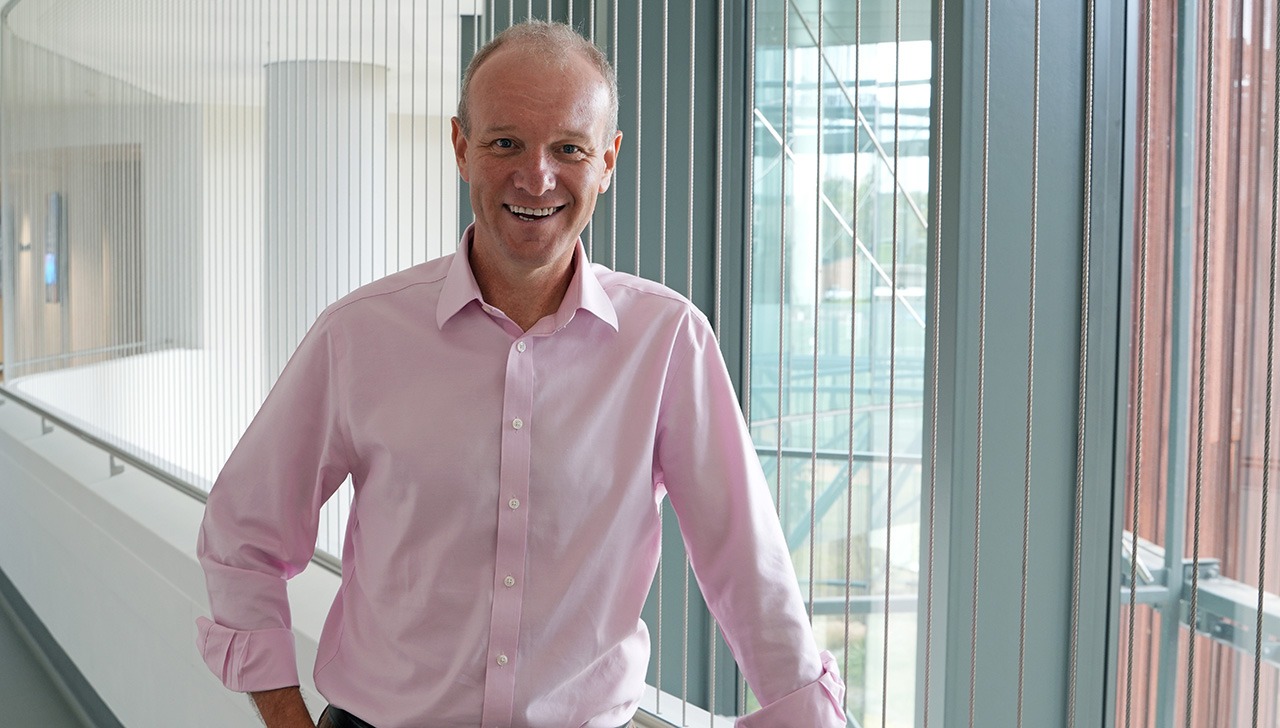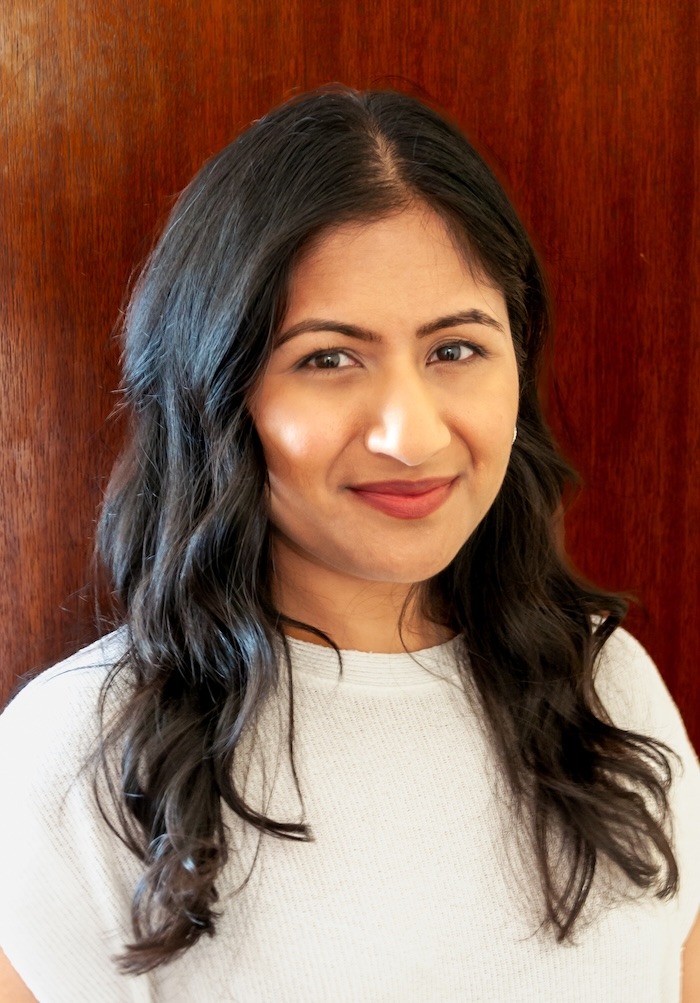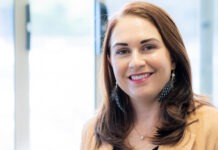When not compounding melatonin liquid and ketamine lozenges, Warrnambool pharmacist Haowei Wong MPS finds solace in reading philosophy, especially stoicism and Marcus Aurelius’s Meditations.
Awarded the University of Tasmania’s Gold Medal in 2019 for highest grades, what area of study interested you most?
At university I was most intrigued by the complexities surrounding medication management and the potential of personalised medicines to optimise health outcomes.
My research project analysed the de-prescribing patterns of sedatives in aged care facilities across Australia, providing a fascinating exploration into pharmacy practice that intersects with geriatrics and for which I received the Gold Medal.
What led to a compounding role?
My interest in personalised medicine and geriatrics has led me to pursue an internship opportunity at a hybrid compounding pharmacy in regional Victoria, specifically in Warrnambool, where the customer demographic tends to be older.
After completing my internship, I decided to undergo additional training in non-sterile pharmaceutical compounding to solidify understanding in the area.
What sort of products do you compound in Warrnambool?
We compound a range of creams and ointments that are common for health conditions associated with ageing such as chronic pain and menopause. That includes cream like ketoprofen and amitriptyline cream, and also HRT cream such as estriol, estradiol and progesterone cream. We also compound low dose minoxidil capsules, which are commonly used in hair loss.
The most unique product that we make is probably glipizide suspension for a 20-year-old capuchin monkey from a wildlife park just outside of Warrnambool!
What are some of the challenges to compounding medicines safely?
Compounding medications introduces additional challenges that compounding pharmacists must address to ensure product safety and quality.
Contamination control, accurate measurements, and robust quality assurance processes and SOPs are a few key aspects that must be considered in ensuring the safety and quality of compounded products. For example, we routinely send our compounded medicines to an independent testing laboratory to ensure they meet the highest quality standards for our consumers.
What’s your advice to pharmacists who want to become more involved in compounding medicines?
Hands-on experience is a fantastic way to learn and get into the area. So finding an internship or working at a compounding pharmacy with seasoned compounding pharmacists can provide valuable practical skills.
For pharmacists who want to deepen their knowledge in pharmaceutical compounding, I recommend pursuing additional training in compounding techniques, including courses and certifications.
Where do you see yourself in 5 years?
In 5 years, I see myself merging my upcoming digital health qualification with my compounding role to optimise patient care and pharmacy operations.
I hope to integrate digital tools and platforms to enhance compounding processes, streamline communication between healthcare providers, and improve patient outcomes. Ultimately, I aspire to bridge the gap between digital health technologies and personalised pharmaceutical solutions in pharmacy.
Any advice for new ECPs?
Embrace every opportunity for learning and growth. Take advantage of internships and continuing education courses to expand knowledge and skills. Check out PSA’s Resource Hub, which provides valuable learning resources.
I completed the UTI and Oral Contraception training programs recently, allowing me to prescribe certain antibiotics and oral contraception with confidence. Be proactive in seeking out diverse experiences whether in clinical settings, community pharmacies, or specialised areas like compounding. And stay curious!



 Professor Stephen Nicholls[/caption]
Professor Stephen Nicholls[/caption]




 From centre: PSA SA/NT President Manya Angley FPS, Matthew Gillespie and Minister for Health and Wellbeing Chris Picton MP[/caption]
From centre: PSA SA/NT President Manya Angley FPS, Matthew Gillespie and Minister for Health and Wellbeing Chris Picton MP[/caption]

 Pooja Jadeja MPS[/caption]
Pooja Jadeja MPS[/caption]








